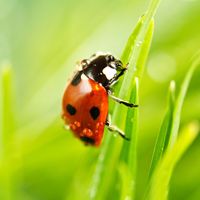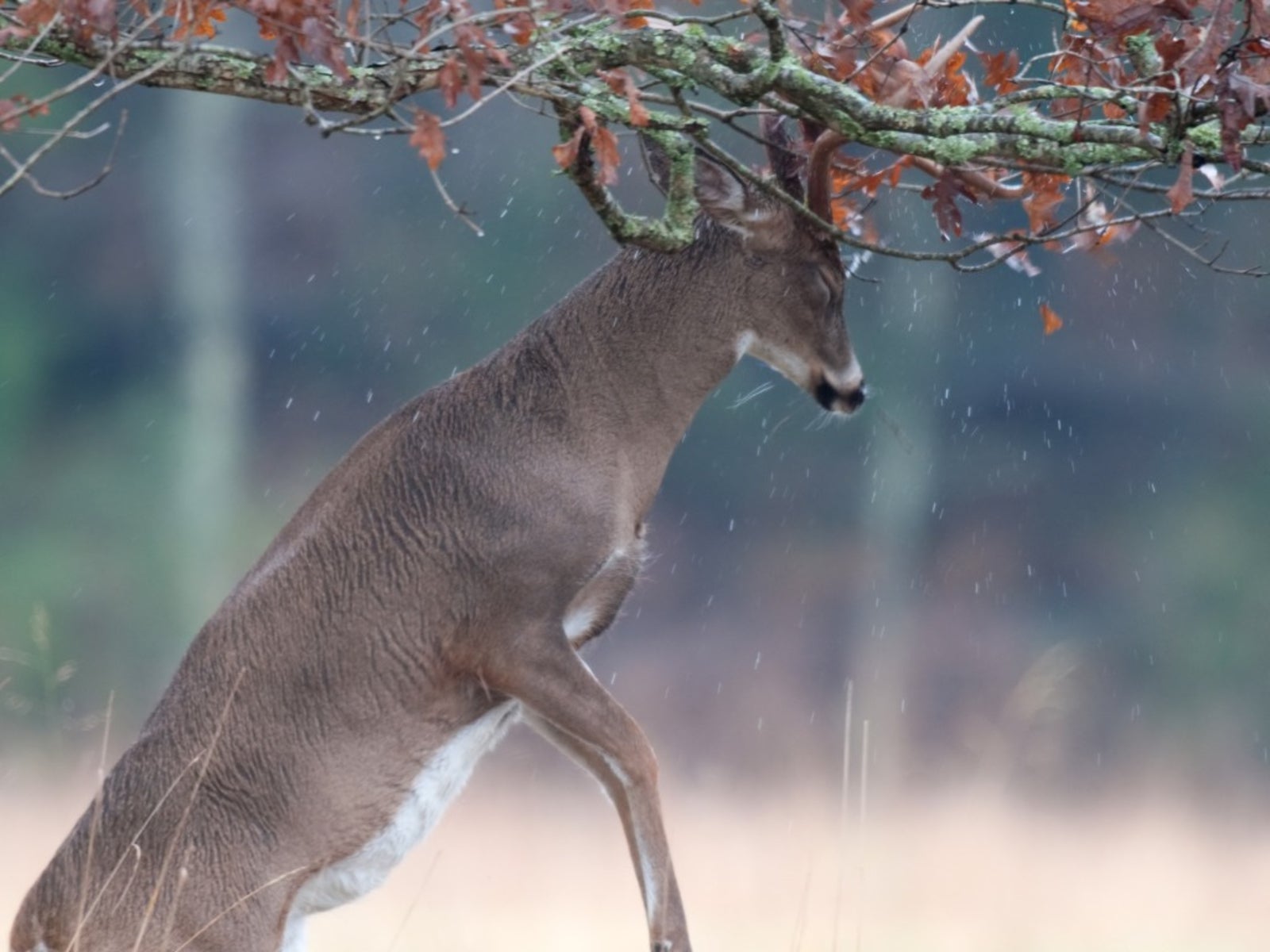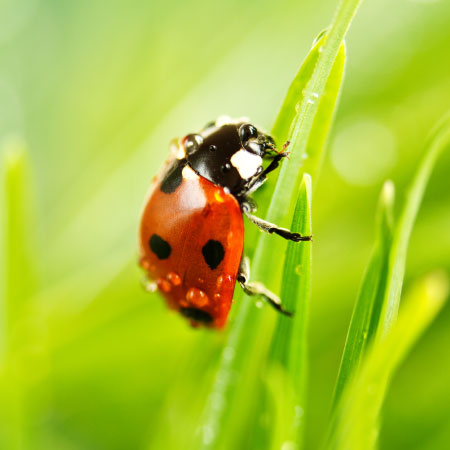Deer Rubbing Tree Bark: Protecting Trees From Deer Rubs


Sign up for the Gardening Know How newsletter today and receive a free copy of our e-book "How to Grow Delicious Tomatoes".
You are now subscribed
Your newsletter sign-up was successful
Deer are majestic creatures when they're bounding through open fields and frolicking in someone else's woods. When they come into your yard and start damaging trees, they become something else entirely. Fortunately, there are ways to protect your saplings from deer damage.
Why are Deer Rubbing Antlers on Trees?
Living close to nature can be an incredibly rewarding experience, but even the most dedicated lovers of wildlife may get pretty frustrated when they discover the local deer rubbed the bark off the trees in their yard. Not only does this behavior cause unsightly damage, it can permanently disfigure or kill young trees. Male deer (bucks) grow a new set of antlers each year, but they don't start out as the horn-like headgear that normally springs to mind. Instead, those male deer have to rub away a velvety covering in order to reveal their antlers in all their glory. This rubbing behavior typically starts in early fall, with the male deer running the surfaces of their horns against saplings that are anywhere from one to four inches (2.5 to 10 cm.) in diameter. Aside from the obvious visual deterioration, deer rubbing tree bark is very bad for the tree they're rubbing on. Peeling back just the bark can open the tree up to damage from pests and disease, but typical deer damage doesn't stop there. Once the rub has gotten through the cork layer, the delicate cambium is at risk. This tissue layer is where both xylem and phloem, the transport tissues every tree needs to survive, develop. If just one section of the tree's cambium is damaged, it might survive, but deer will often rub most of the way around a tree, causing the plant to slowly starve.
Protecting Trees from Deer Rubs
Although there are a number of popular ways to scare deer away from gardens, a determined male deer in rut isn't going to be bothered by a banging pie tin or the smell of soap hanging from your tree. To keep deer from rubbing trees, you'll need a much more hands-on approach. Tall woven wire fences are extremely effective, especially if they're erected around the tree in such a way that the deer can't jump inside and they're supported by very strong posts. Just make sure that the wire is far enough away from the tree that it can't be bent into the tree's bark if a buck were to attempt to rub through the fence - this will make the situation a lot worse. When you've got lots of trees to protect or aren't sure about building a fence around your trees, a plastic trunk wrap or strips of rubber tubing are your best bet. These materials protect the tree from deer damage without causing damage of their own when force is applied to their surfaces. If you decide to use a tree wrap, make sure it reaches a point about five feet (1.5 m.) off the ground and leave it up through the winter.
Sign up for the Gardening Know How newsletter today and receive a free copy of our e-book "How to Grow Delicious Tomatoes".

Kristi Waterworth was a regular contributor to Gardening Know How for many years, answering countless queries on plant pests and diseases.